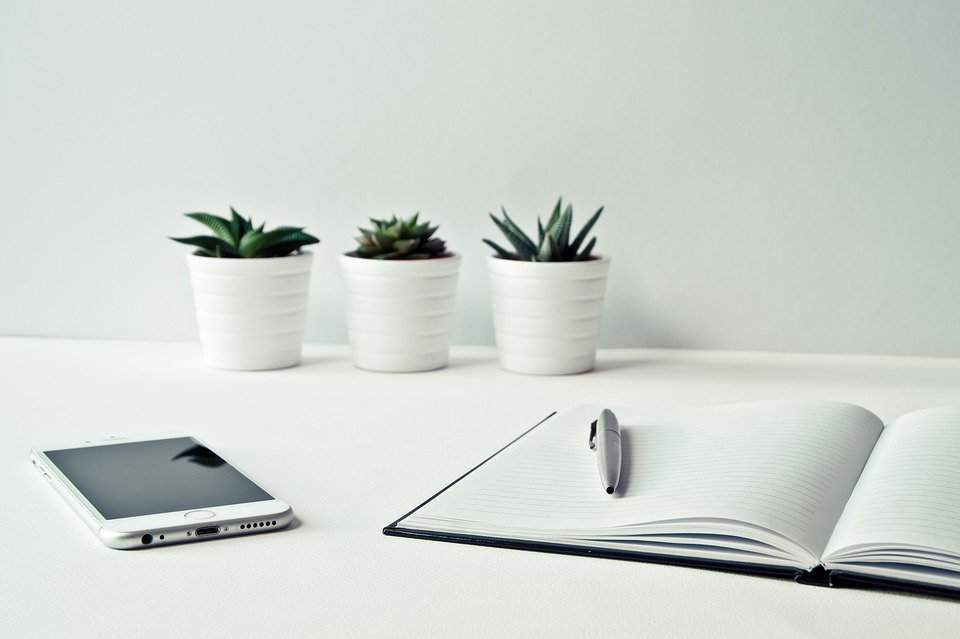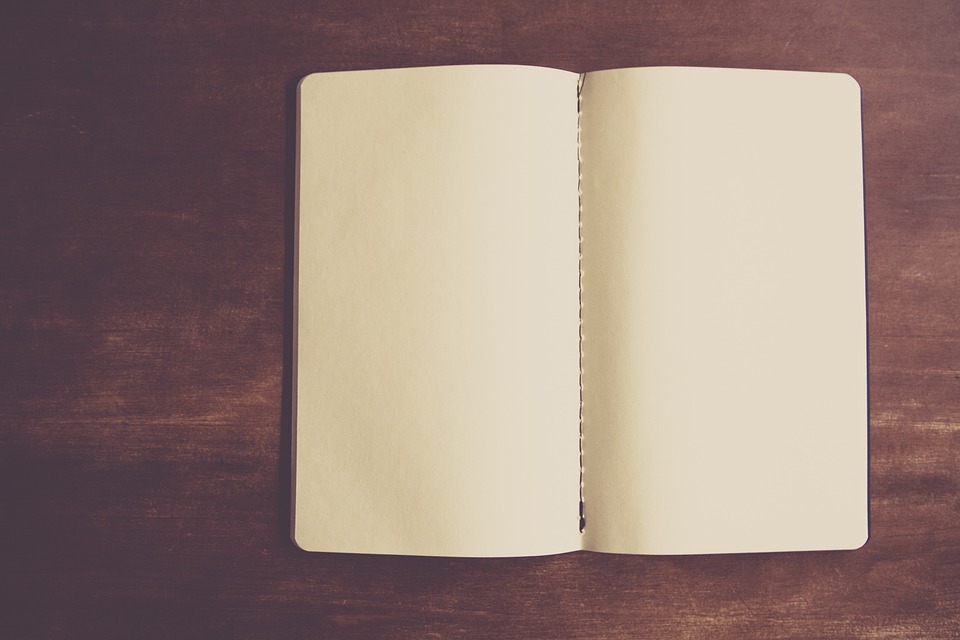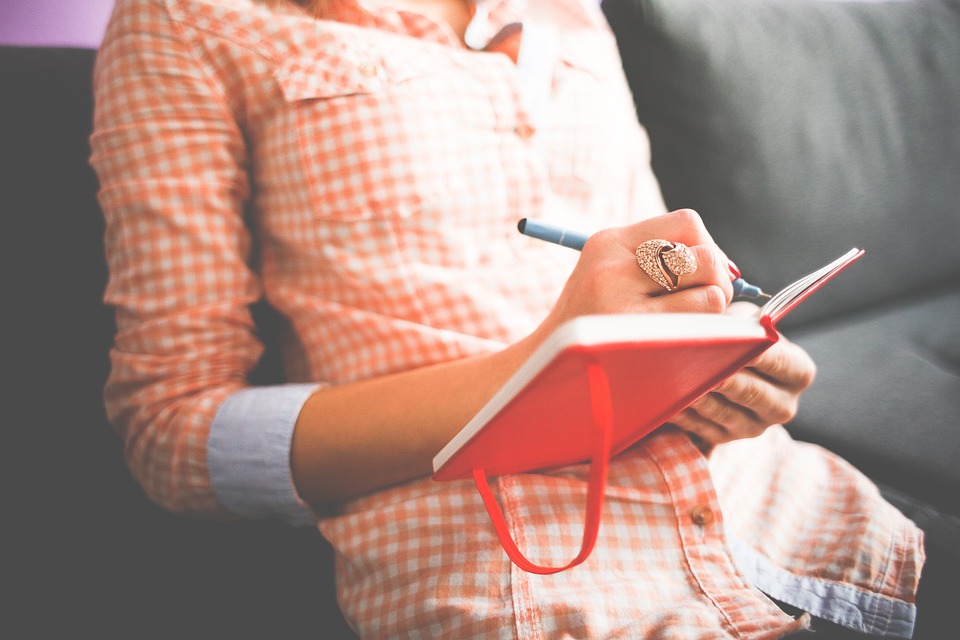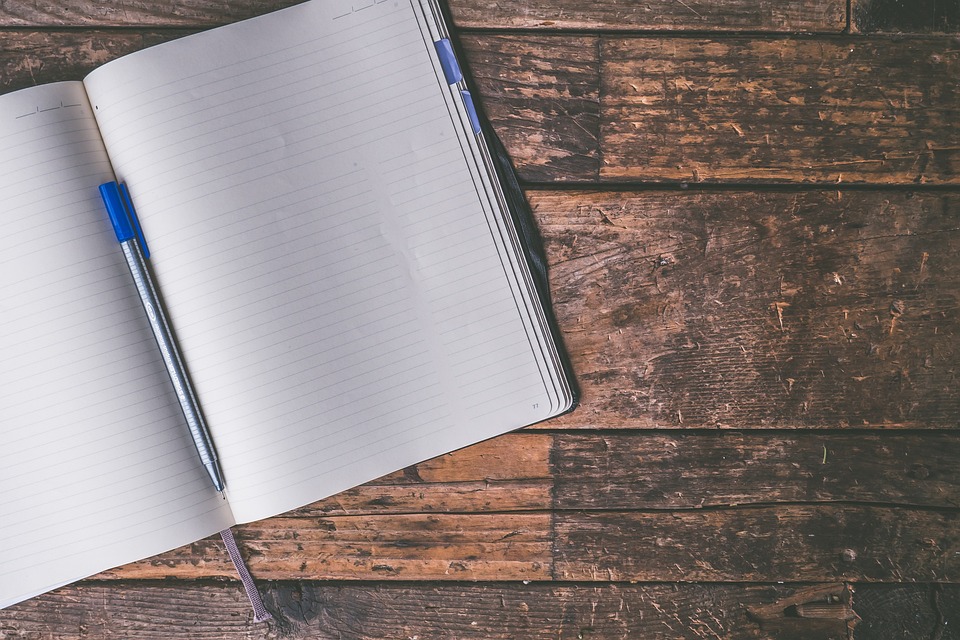A vital part of any writing endeavor is using a journal to generate ideas for future writing projects. Journaling is an active learning process and helps us focus our thoughts to give them meaning when before they were floating aimlessly in our heads. Journaling also gives us a place to record our observations and memories from before life got too fast for us to remember the small moments that once brought us happiness. The reason for recording writing in a notebook is not new. Long before creative writing classes and journals were used in these classes, field notebooks or logbooks were vital tools for scientists making notes in biology, sociology, and anthropology. In social work and nursing, journals have also been used during training periods to record personal growth and learner feedback.
Recordings in journals can be traced back to AD 56 in China, while in the Western world, journaling became common practice during the Renaissance when self-image became important. In 10th-century Japan, ladies of the court used pillow-books (so named because they were kept in the bedroom or among wooden pillow-drawers) to record their dreams and thoughts through poetry and pictures. Travelers in both East and West used journals to record their travels, although Eastern writers incorporated more images and poetry into their entries than Western explorers reported facts and details about the places and people they encountered. British sea explorers such as James Cook and William Bligh, whose records were later published, recorded their observations, provided an accurate record of events for their chain of command, and recorded important navigational insights for other sea captains.
Samuel Pepys, who wrote his famous diaries from 1660 to 1669, is generally believed to be the first diarist. Not only did he examine current events, he had access to many of them since he was a high-ranking civilian official. He used generous detail when describing the people he met and also sought to remedy his past sins by writing about how he could have done things differently. In Europe and America during the eighteenth and nineteenth centuries, diaries were published in record numbers and writers influenced by the Romantic era and individualism recorded their reflections and feelings.
By the late 1960s and early 1970s, journals became vital tools in practical writing classes for recording freehand writing, brainstorming notes, and notes on research and topic construction. Outside of the writing classroom, diaries are also used to gain knowledge about spiritual quests, while a significant number of women use journals to record their thoughts, feelings, and observations, and to write against and through their inner critic. Journaling is also a vital tool in psychotherapy, so that patients can record their thoughts before their appointments, thus speeding up treatment time.
Often, journaling focuses on people who are working on a problem and need space to develop their ideas. Writer and educator Ken McCurry likens the magazine to a “seed nursery” that needs watering and time to develop into a mature business. He claims that “keeping a journal forces the writer to put something in the stocking every day or so. Often as he reviews what is out there, he sees material that fits together and builds.” A journal is in the middle of the continuum between a diary and a notebook you would keep in class, says Toby Folweiler, another professional writer and researcher. He states that the language in the journal should remain informal and that the writer needs to use the first person, to think personally about an issue, and not to use other sources that would distance her from the material. Fulwiler also lists that a “good” journal should contain notes, questions (and more questions than answers), speculation, self-realization, digressions, synthesis, review, and information. In addition, the writer should make frequent entries, and these entries should take up some space on the page so that more ideas and speculations can be captured.
Today we have journals to record our holidays, dreams and goals. Like the journals of history, we should think of ours as a way for posterity to see what we were struggling with at the time and to see that their dilemmas are not so far removed from our own.








